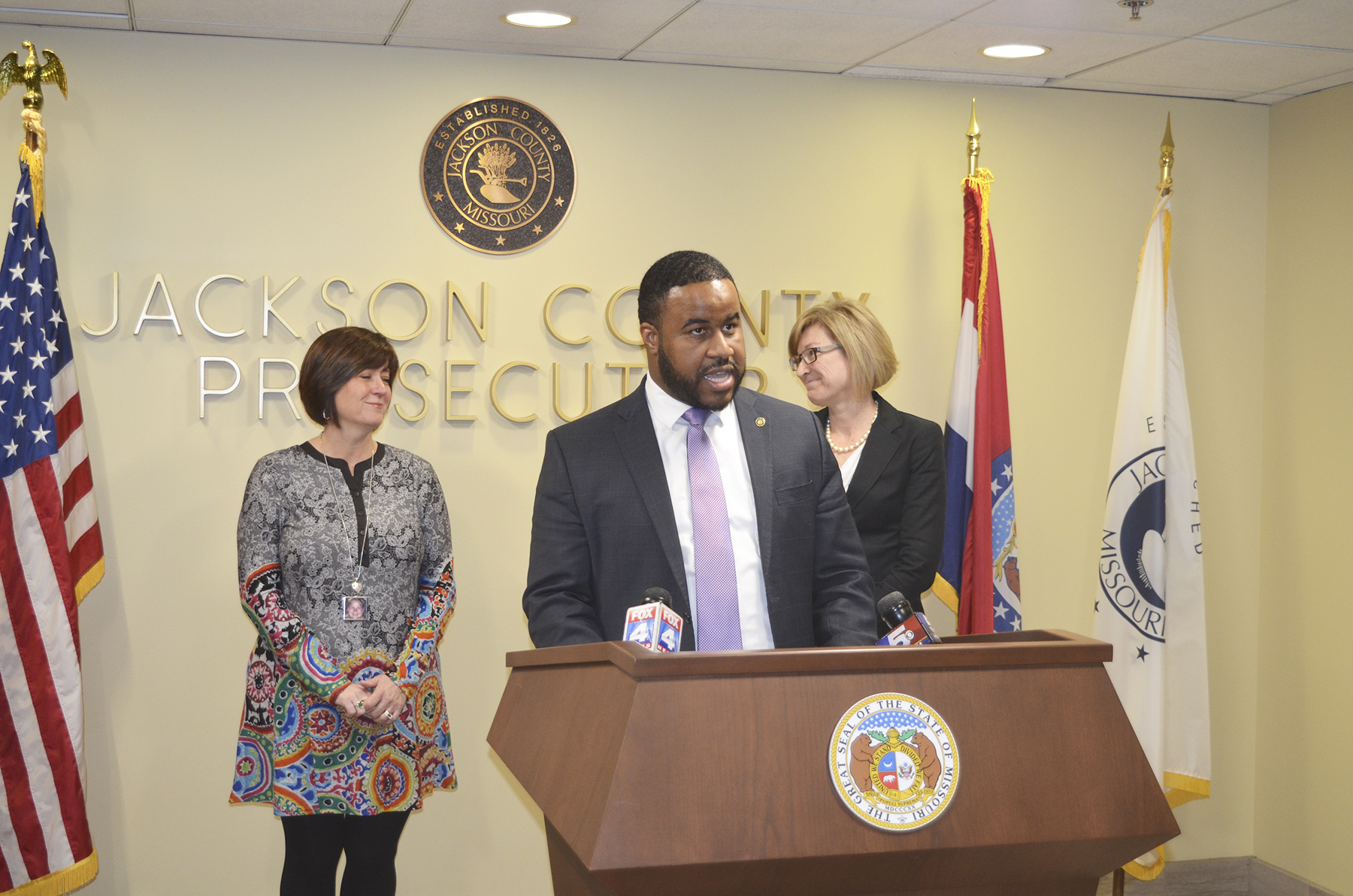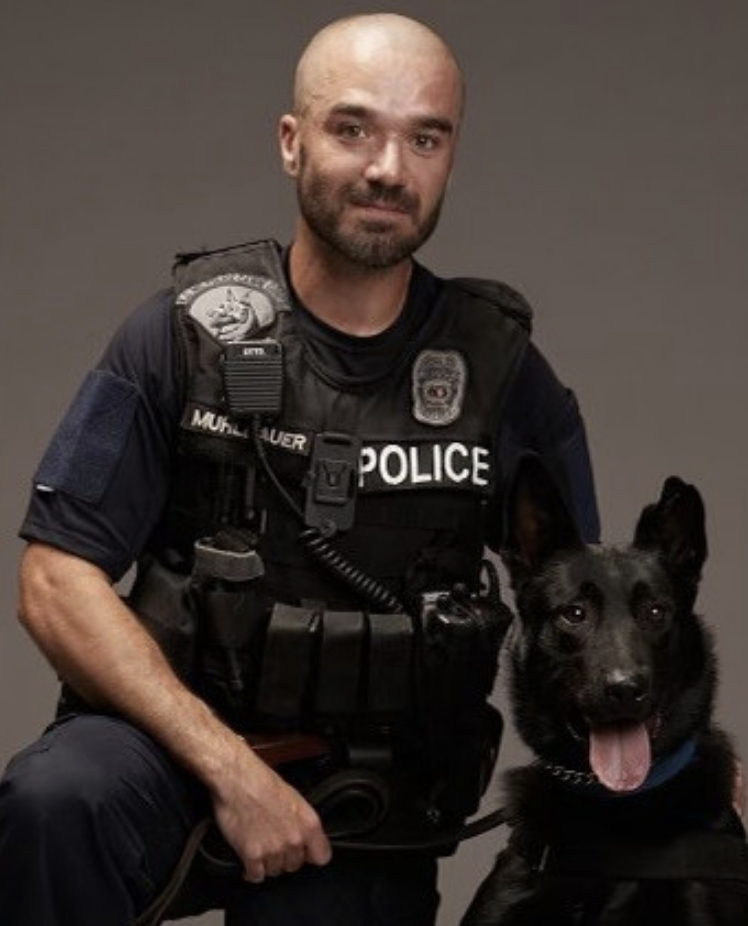
By Paul Thompson
Northeast News
Blair Shanahan Lane was only 11 years old when she was killed by celebratory gunfire on July 4, 2011.
On Thursday, March 1 – what would have been Blair’s 18th birthday – District 36 State Representative DaRon McGee joined Jackson County Prosecutor Jean Peters Baker and Blair’s mother, Michele Shanahan-DeMoss, in touting a bill that would impose stricter punishments on celebratory gunfire.
House Bill 2302, known as Blair’s Law, establishes that “A person commits the offense of unlawful use of a firearm if, with criminal negligence, he or she discharges a firearm within or into the limits of any municipality.”
McGee, who filed the bill with the blessing of Shanahan-DeMoss, traveled to the Jackson County Courthouse on March 1 for the press conference about Blair’s Law.
“This bill will save lives, and we hope that we will get a hearing, and it passes out of committee, and it gets a vote on the Missouri House floor this session,” said McGee.
McGee, a Kansas City Democrat, noted that the law will still protect lawful uses of guns, such as hunting, range shooting, or in self defense.
“This is not a manner of controlling arms, this is about being responsible with a gun,” McGee said. “I want to thank Blair’s mother and her stepfather for allowing me to sponsor this bill and refile it. Hopefully we can get closure and prevent more gun violence deaths around the State and in this city.”
Prosecutor Jean Peters Baker has long been a supporter of the legislation, which has been previously been filed in the Missouri Legislature.
“Obviously it hasn’t been successful, or we wouldn’t be back at it,” Baker said. “But we’re really hopeful that this year it might. This is really about gun responsibility; it’s just common sense that you should not fire a gun in the air.”
Baker added that similar legislation in Arizona, which Blair’s Law is based off of, passed a few years back with the blessing of the National Rifle Association.
“That’s been a few years ago, but I think it’s important to note that the NRA actually supported that piece of legislation,” Baker said.
For years, Shanahan-DeMoss has traveled door-to-door with KCPD personnel in advance of the 4th of July holiday to warn citizens about the dangers of celebratory gunfire. She said on March 1 that if someone had called 911 on that fateful night in 2011, her daughter may still be alive.
“If just one person that night had called 911, there’s a possibility that Blair could still be here,” Shanahan-DeMoss said. “Because there were more than 50 shots fired that night.”
Thanks to the advent of new technology like ShotSpotter – which can accurately track gunshots by sound – there are real numbers that drive KCPD’s concern about celebratory gunfire. For instance, from 6 p.m. on December 31, 2015, to 6:00 a.m. on January 2, 2016 (the 36 hours surrounding the New Year’s holiday), KCPD recorded a total of 210 gunfire alerts. In total, there were 1,413 shots fired in the 3.5 square mile radius in which the technology is located. During the same time period in 2016 and 2017, there was 130 alerts and 883 rounds fired.
Blair’s Law hopes to reduce those figures. McGee indicated on March 1 that he can envision his colleagues from across the aisle jumping on board with Blair’s Law.
“I think this is common sense gun legislation, and I think there are a lot of moderate Republicans – and I think conservative Republicans – who will support this,” McGee said. “As the Prosecutor said previously, this was supported in other states by the NRA.”
McGee will have a chance to push the bill next week, when it has a hearing in the General Laws committee in the House of Representatives.


















